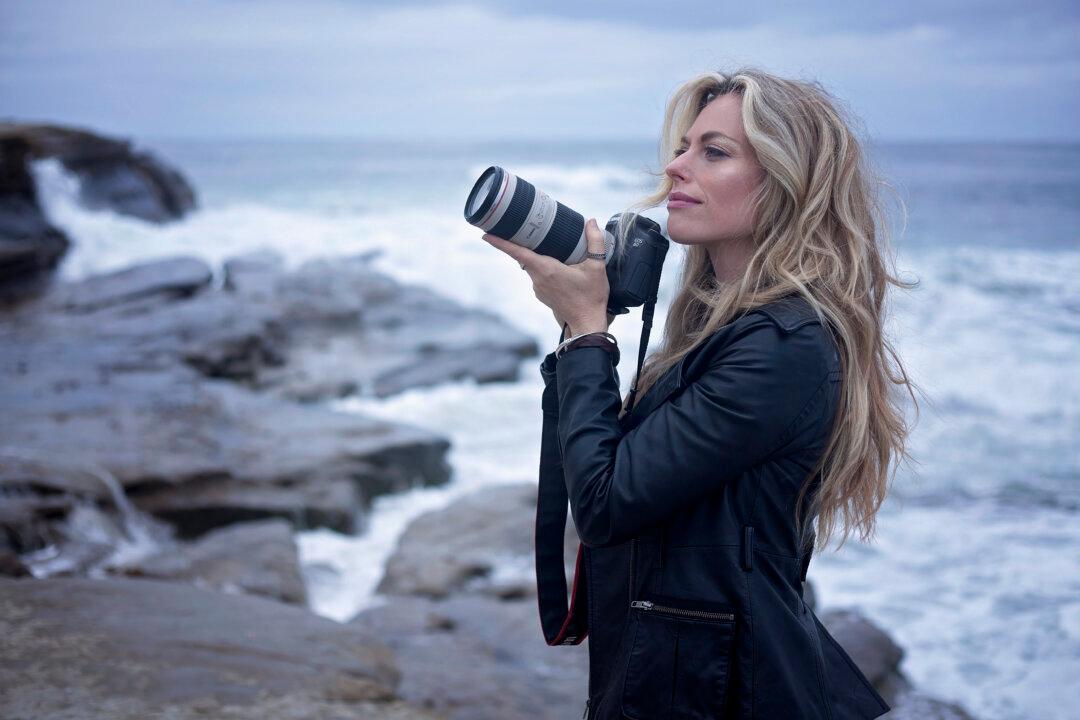What is your definition of the word beautiful? Filmmaker Rebecca Friedlander took to the streets with this question, asking women and men on West Coast beaches, downtown London, on the sidewalk in Madrid—various places across the United States and Europe.
“Sometimes people would say ‘I don’t know.’ Sometimes people would say it’s being confident or comfortable in your own skin,” Friedlander said. She would also ask whether they felt the culture did a good job of defining “beautiful.” Across the board, the answer was no.






